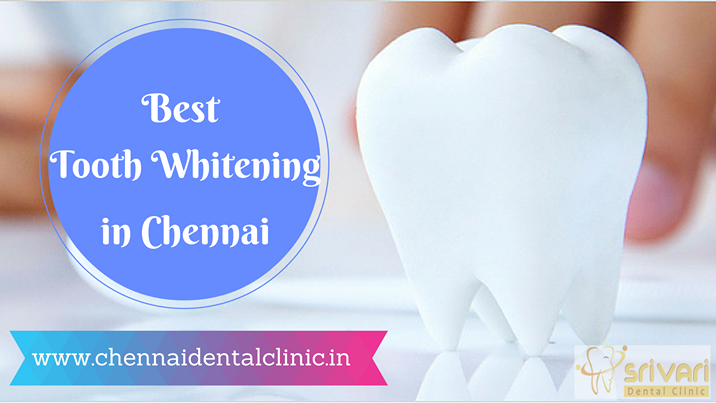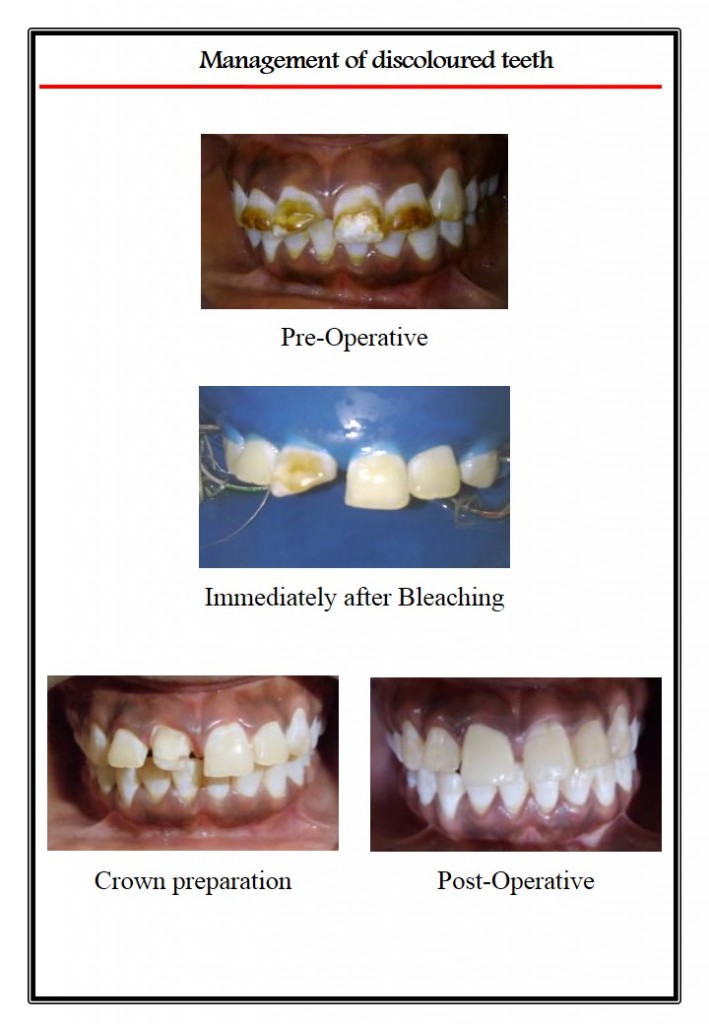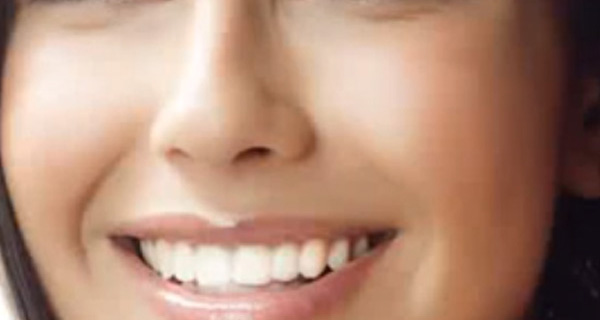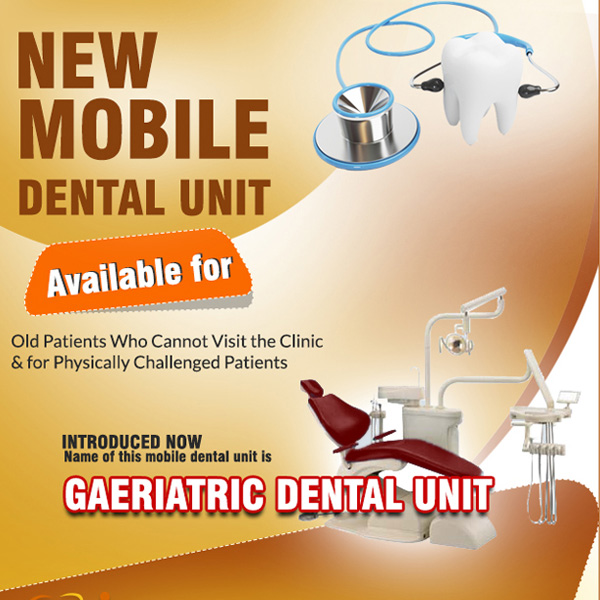-
Srivari Dental Clinic
No.4/13, Valluvar Salai, Down Stair Of LIC Office, Ramapuram, Chennai, Tamilnadu -India -
Call Us: +91 984 283 1534, +91 737 303 1534
menu
- Home
- About us
- Our Doctors
- Our Facilities
- Dental Treatments
- Dental Treatments
- Dental Implants
- Orthodontic Treatment
- Endodontics
- What is Endodontic Treatment?
- Diagnosis of Root Lesions
- Cracked Tooth
- Tooth Decay
- Hemisection
- Root Canal Treatment and front and back teeth
- Dental Abscess
- Laser Root Canal
- Sensitive Tooth
- Dental Trauma
- Apicoectomy
- Apexification
- Intentional Replantation of failed root canal treated teeth
- Tooth Grinding
- Dental Infections and Tooth Pain
- Internal Tooth Whitening (Bleaching)
- Periodontics
- Restorative Dentistry
- Prosthodontics
- Maxillofacial Prosthesis
- Pedodontics
- Cosmetic Dentistry
- Oral & Maxillofacial Dentistry
- Other Services
- Scaling and polishing
- Dental sealants
- Dental Fillings
- Restoring Damaged Teeth
- Root Canal Treatment
- Tooth Removal
- Impaction
- Fixing of Dentures
- Fitting of Mouth Guards
- Fluoride Application in Dentistry
- Bleaching in Dentistry
- TEMPOROMANDIBULAR DISORDER
- Mandibular appliances for snoring
- Computer Assisted Smile Designing
- Testimonials
- Gallery
- Events
- Blogs
- Contact Us
- பல் வலிக்கு உடனடி தீர்வு கிடைக்கும்!













